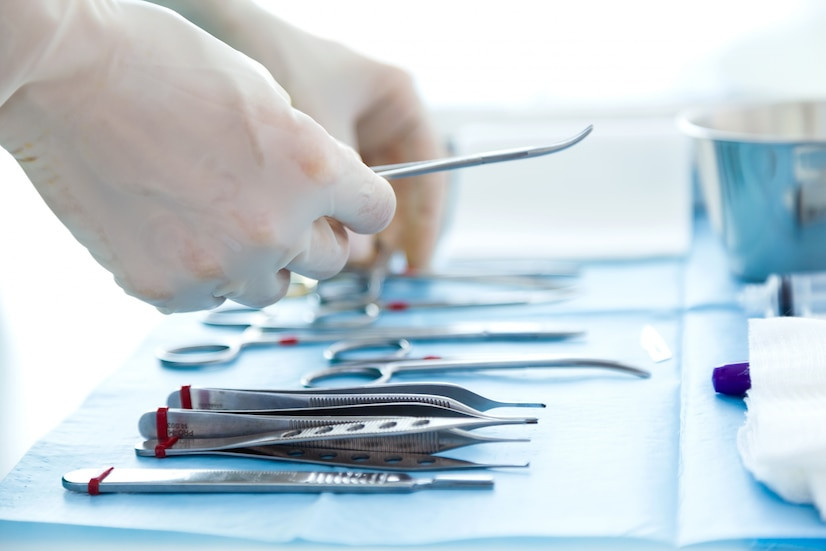Coronary artery disease is one of the heart disease types. It is characterized by the narrowing or blockage of the coronary arteries due to the buildup of plaque inside the heart arteries. The coronary arteries are supposed to supply the heart with nutrient-rich blood and oxygen. With plaque buildup, the amount of blood reaching the heart is limited.
As a chronic disease, you may not be aware of the symptoms of coronary artery disease until you experience a heart attack. Undetected and untreated properly, coronary artery disease, also known as coronary heart disease, can lead to heart arrhythmias, cardiac arrest, cardiogenic shock, and heart failure.
How is the treatment for coronary artery disease?
Coronary artery disease can be treated and managed with surgical procedures and healthy lifestyle changes. You will be advised to quit smoking, adopt a healthy diet, engage in regular exercise, limit alcohol intake, and manage other chronic conditions you may have.
The treatment provided tends to help manage other comorbidities, such as medications to lower high blood pressure, reduce cholesterol levels, manage angina, and lower the risk of blood vessel blockage.
Some individuals may require surgical procedures, such as heart bypass surgery.
What is heart bypass surgery?
Heart bypass surgery is a procedure to restore blood flow to areas of the heart that are not receiving adequate blood supply. This surgery can improve heart function, especially when a heart attack has just occurred.
Heart bypass surgery is typically used to treat heart attacks and coronary artery disease. This surgery is often given to patients with coronary heart disease, especially those with the following conditions:
- Experiencing severe chest pain caused by blockage of the coronary arteries
- Decreased function of the left ventricle of the heart
- Blockage in the main left coronary artery
- Repeated constriction in the arteries, even after previous bypass procedures
- new blockage in the heart
Not every coronary heart disease patient is treated with bypass procedure; some other conditions might be treated with angioplasty procedures. Heart bypass surgery could carry higher risks.
How are the preparation and procedures for heart bypass surgery?
- After discussing it with the doctor, you will be given a week to stop all medications that may increase the risk of bleeding during the surgery, including aspirin, ibuprofen, naproxen, and others. You should only take medications prescribed by the doctor.
- You have to quit smoking and immediately inform the doctor if you suffer from the flu, common cold, herpes, or any other illness before undergoing the bypass procedure.
- The bypass procedure takes 3–6 hours to connect you to a ventilator. The heart will be temporarily stopped, and the surgeon will attempt to repair it by cutting out the blocked part and replacing it with tissue from another body part.
- Once the procedure is completed and your heart is ensured to be able to pump independently again, you will be treated in the ICU. You may feel some slight pain and discomfort in your chest for 2-3 days after the bypass surgery, but pain relievers will help to alleviate the pain.
The risks during heart bypass surgery
Some risks can occur during the bypass procedure, including:
- Bleeding during surgery
- Infection
- Death
After surgery, you are also at risk of:
- Infection due to the wound, especially if you have a history of obesity or diabetes or have undergone this procedure before
- Heart attack
- Stroke
- Arrhythmia
- Kidney failure
- Lung failure
- Depression and mood changes
- Mild fever, fatigue, and chest pain that may be experienced for up to 6 months
- Partial memory loss
After the bypass procedure, your health condition will be monitored until you can return to normal activities. You cannot drive alone for at least 4-6 weeks after the procedure. Discuss with your doctor when you can exercise, work, and perform normal daily activities.
If you need medical advice or consultation, you can either visit a doctor or use the consultation features available in the Ai Care application by downloading it from the App Store or Play Store.
Looking for more information about other diseases? Click here!
- dr. Monica Salim
WebMD (2022). Heart Bypass Surgery. Available from: https://www.webmd.com/heart-disease/heart-disease-bypass-surgery
Medline Plus (2022). Heart bypass surgery. Available from: https://medlineplus.gov/ency/article/002946.htm
Cleveland Clinic (2022). Coronary Artery Bypass Surgery. Available from: https://my.clevelandclinic.org/health/treatments/16897-coronary-artery-bypass-surgery
Cleveland Clinic (2022). Coronary Artery Disease. Available from: https://my.clevelandclinic.org/health/diseases/16898-coronary-artery-disease











